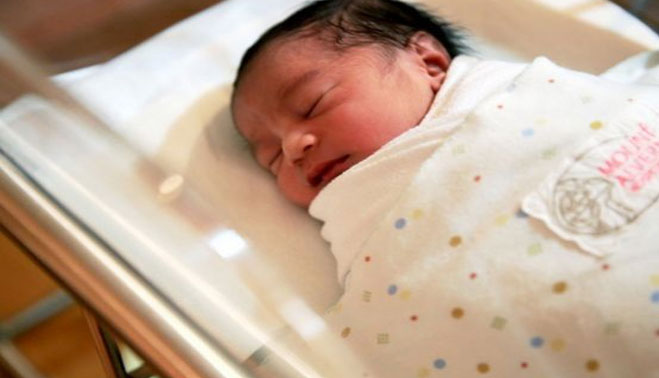![]() Home > Singapore
Home > Singapore
Govt Urged to Support Working Mums with More Leave, Flexi-Work Options

![]() April 6th, 2016 | 08:48 AM |
April 6th, 2016 | 08:48 AM | ![]() 2967 views
2967 views
SINGAPORE
Several Members of Parliament (MP) yesterday drew attention to the need for the Government to better support working mothers, including legislating flexible work arrangements and questioning proposed tax relief caps.
Working mothers are given 16 weeks of paid maternity leave, but Holland-Bukit Timah GRC MP Christopher de Souza proposed legislating another eight weeks of unpaid leave or flexible work arrangements.
“As the labour force participation rate for women continues to increase every year, employers need to understand and appreciate the importance of adopting good workplace practices that help working mothers to balance family and work commitments,” Mr de Souza said during the Budget debate.
He added that new mothers need help to adjust to working life again after their maternity leave, and it may take time for them to balance their various commitments.
“Under this proposal, employers will not be financially disadvantaged as they would not have to pay them during the eight-week period of unpaid leave,” he said, adding that it also makes it easier for employers to forecast manpower needs.
MP Tin Pei Ling, herself a new mother, spoke about how women professionals, managers and executives in multinational companies hit roadblocks in their career progression after they had given birth.
“While they understand that the firms have to fairly reward others who inevitably have to step in to cover their duties during the downtime following births, the opportunity costs are considerable,” she said.
One way to help working mothers would be to continue to promote flexi-work arrangements for fathers and grandparents, or allow fathers to share more of the maternity leave apart from just one week out of 16, Ms Tin proposed.
She also suggested having an online directory for parents to tap into “informal sources of labour” such as community-based volunteers and nannies: “Parents who cannot secure a placement at an infant care or childcare centre can look to this platform for potential caregivers within the neighbourhood.”
Alternatively, the Government could allow grandparents to claim subsidies, to help ease the financial burden of caring for their grandchildren. MP Joan Pereira said: “While a grandparent would probably earn more working (elsewhere), such a rebate would lessen the financial sacrifice if the grandparent is inclined to look after the child.”
Several MPs also highlighted a “disincentive” in this year’s Budget: A cap of S$80,000 on personal income tax relief, which takes effect from the Year of Assessment 2018.
The change mainly affects working mothers with higher incomes, and seems to go against national efforts to increase birth rates, they said.
Ms Tin remarked that “quite a few working mothers” feel aggrieved not so much because of the cut in disposable income, but “more for the signal conveyed through this move”. She quizzed Finance Minister Heng Swee Keat on the rationale for this cap, and whether the Government could have increased revenue by “other means” to encourage healthier lifestyles and behaviours instead.
MP Lee Bee Wah similarly asked: “The cap appears to contradict the Government’s effort to encourage procreation, so may I know what has changed to prompt this?”
Source:
courtesy of TODAY
by Valerie Koh
If you have any stories or news that you would like to share with the global online community, please feel free to share it with us by contacting us directly at [email protected]